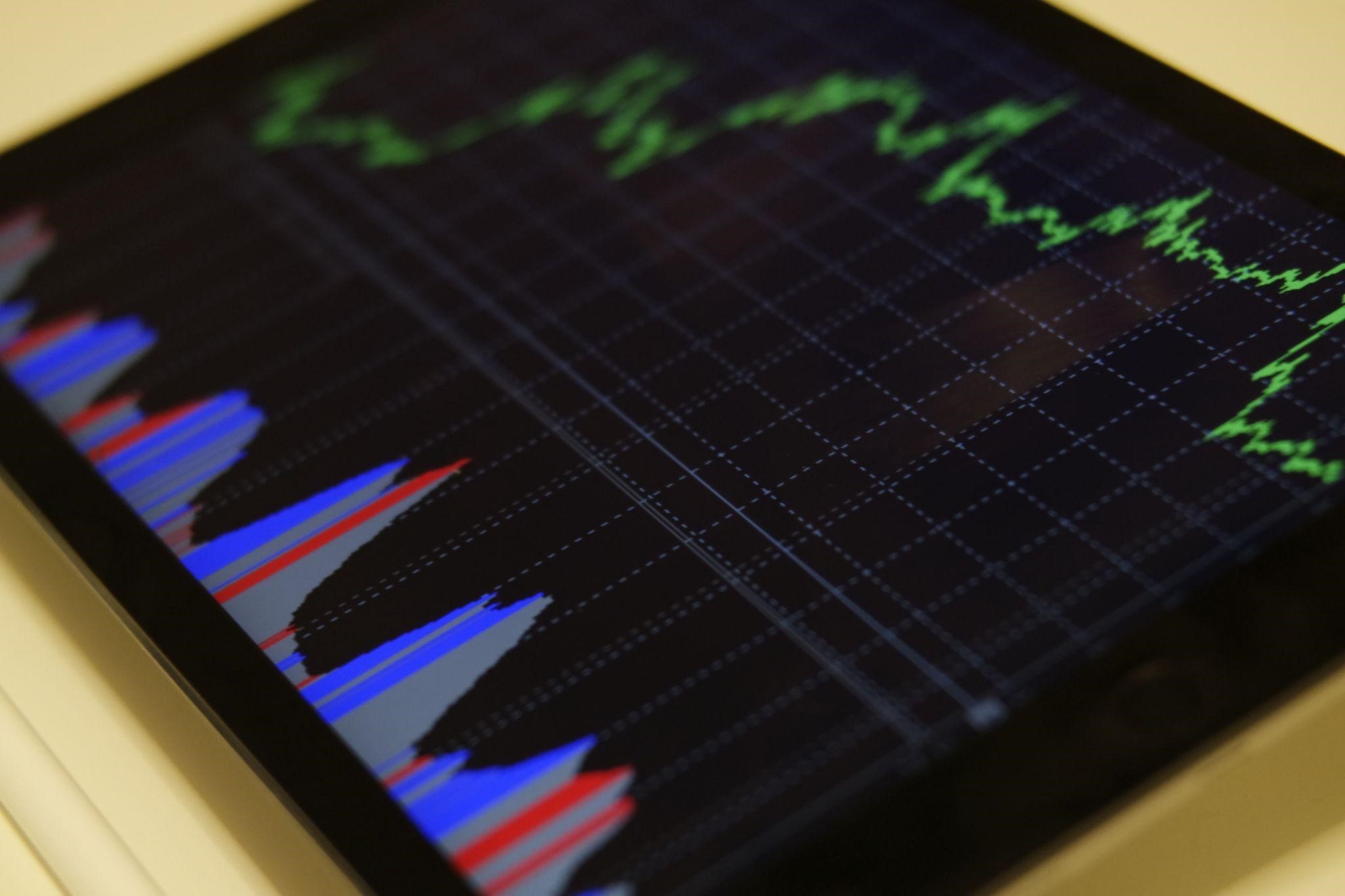
Last week, news about a possible ban on the IHerb online store in Russia went through the news feed. This is due to the fact that through it some goods containing substances prohibited for import into Russia enter our country.
Through the situation with IHerb, several problems associated with the Russian markets of dietary supplements and sports food are revealed at once, and today we will consider them in more detail.
What are the consequences of such bans on marketplaces and what are the main difficulties for the domestic special food market? How does this affect the “pulse” of the segment?
These and other questions are answered by Yuri Zubarev, President of the Eurasian Council of the Specialized Food Industry.
– Yuri, in your opinion, how effective is the ban on marketplaces in the fight against unwanted products?
– I believe that any such restrictions are unreasonable. It is necessary to study the systemic problem of working with the commodity items of the marketplace in Russia.
In our country, there is still no “sane” national legislation that dictates the rules of the game to online trading platforms.
The problem of the lack of a competent regulatory system – I think this is a matter for consideration in the Public Chamber, and in the Federation Council, and in the State Duma. On those discussion platforms where we are present, this topic needs to be raised and discussed. After all, online commerce is an integral part of modern life, and we must ensure safety for the health of consumers.
In general, many issues have accumulated on the subject of legal regulation that need to be resolved. For example, the proportion of excess substances in the product is regulated by the national legislation of the countries of the Customs Union – and if, for example, in Armenia, the dosage of vitamin C in dietary supplements is more than a gram, then in our country Rospotrebnadzor issues SGR only if the dose does not exceed 900 mg; this is also an oddity.
– Why, in your opinion, is there no “filter” for goods imported into Russia? If harmless products can also pass through an online store, why block everything for sale instead of not letting through the “forbidden”?
– A good example in this case is the United States, where online trading appeared earlier than ours. They have departments that deal with product safety; shortlists of undesirable, prohibited and admitted to trade specific suppliers are displayed.
It is not clear why Rospotrebnadzor is still not engaged in this, but is trying to catch something on the shelves. It would be advisable to follow the example of foreign practice.
There is a GMP standard, which is a system of rules and regulations to ensure the quality of production in the pharmaceutical industry. A number of dietary supplements manufacturers believe that if the GMP system controlled the production of bioactive additives, it could bring order to the market, becoming a measure to combat counterfeiting and counterfeiting.
By the way, regarding the identification of prohibited substances, it would be great to check not only marketplaces, but also walk through a number of sports nutrition chain stores in Russia. I am afraid that there you can find even more “interesting” on this topic.
As for the story with IHerb, we will monitor the situation and await the court’s decision.
– If the portal is blocked on the territory of Russia, how can this affect the domestic market of dietary supplements and sports food?
– I think that the ban on the IHerb website would have an insignificant effect on the production of domestic dietary supplements and SPP. Because I have not seen any Russian bioactive additives on the marketplace recently. In addition, the share of our manufacturers of dietary supplements in the markets of Russia and the world is still at an insignificant level.
And if we talk about the domestic segment of ingredient products for dietary supplements, there are, of course, tears and pain. Because all the ingredients are China, India; at best, something from Eastern Europe.
Russian manufacturers should play an active role in the development of the market for ingredients for dietary supplements, contact the government and relevant ministries with proposals for the development of this segment.
Unfortunately, they are often passive: foreign ingredients are purchased on the market, which cost the same for each manufacturer. They have, in principle, equal competitive conditions; they are happy with everything. It’s a shame that our companies are not yet showing “patriotism” in this matter.
The material was prepared by Alexandra Goryunova
